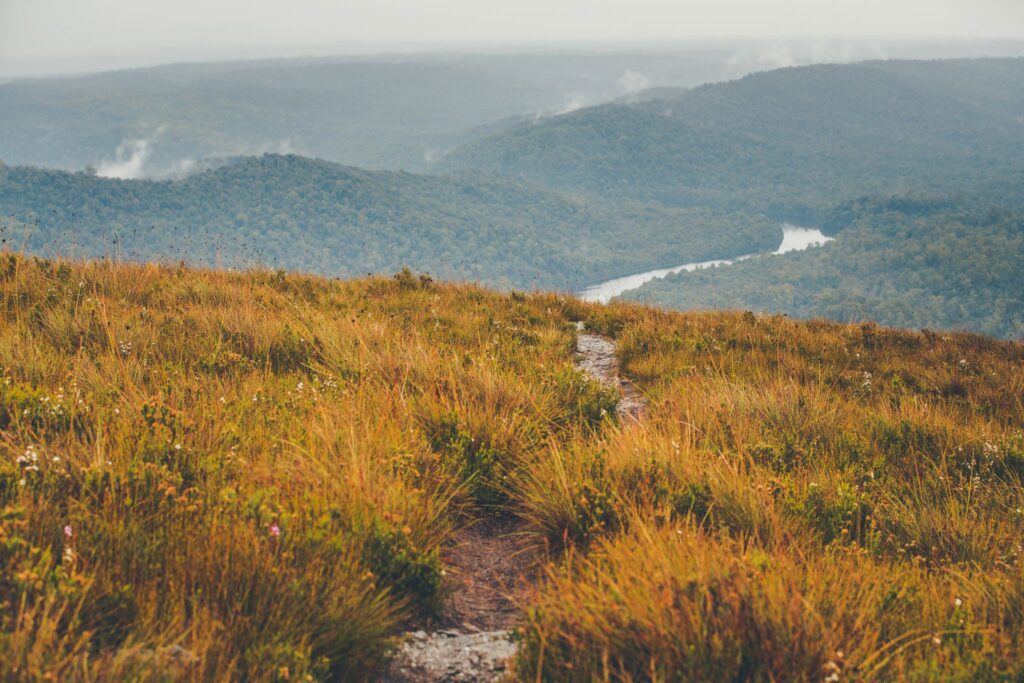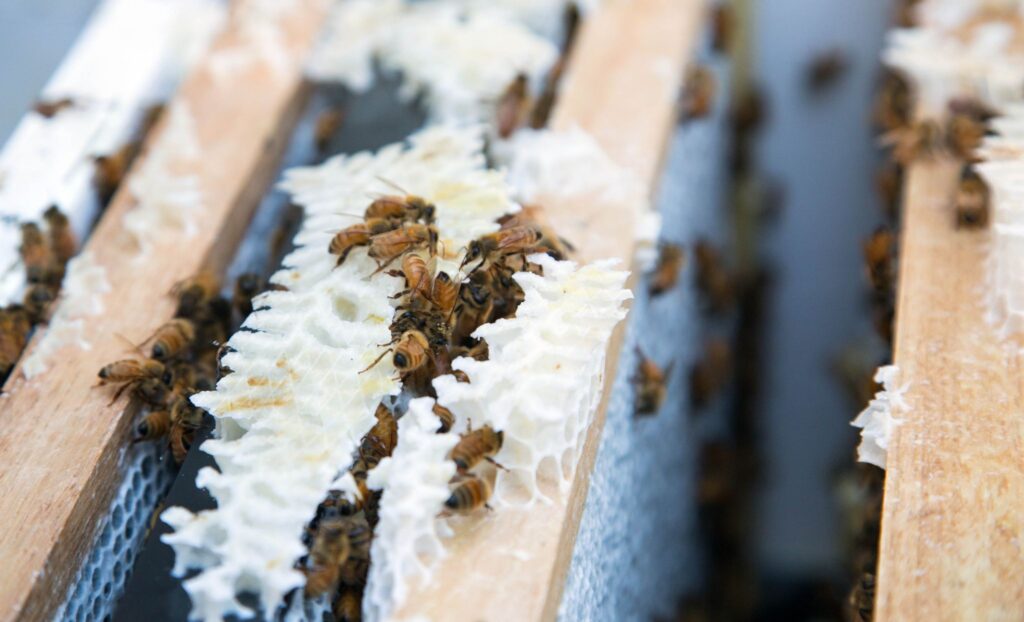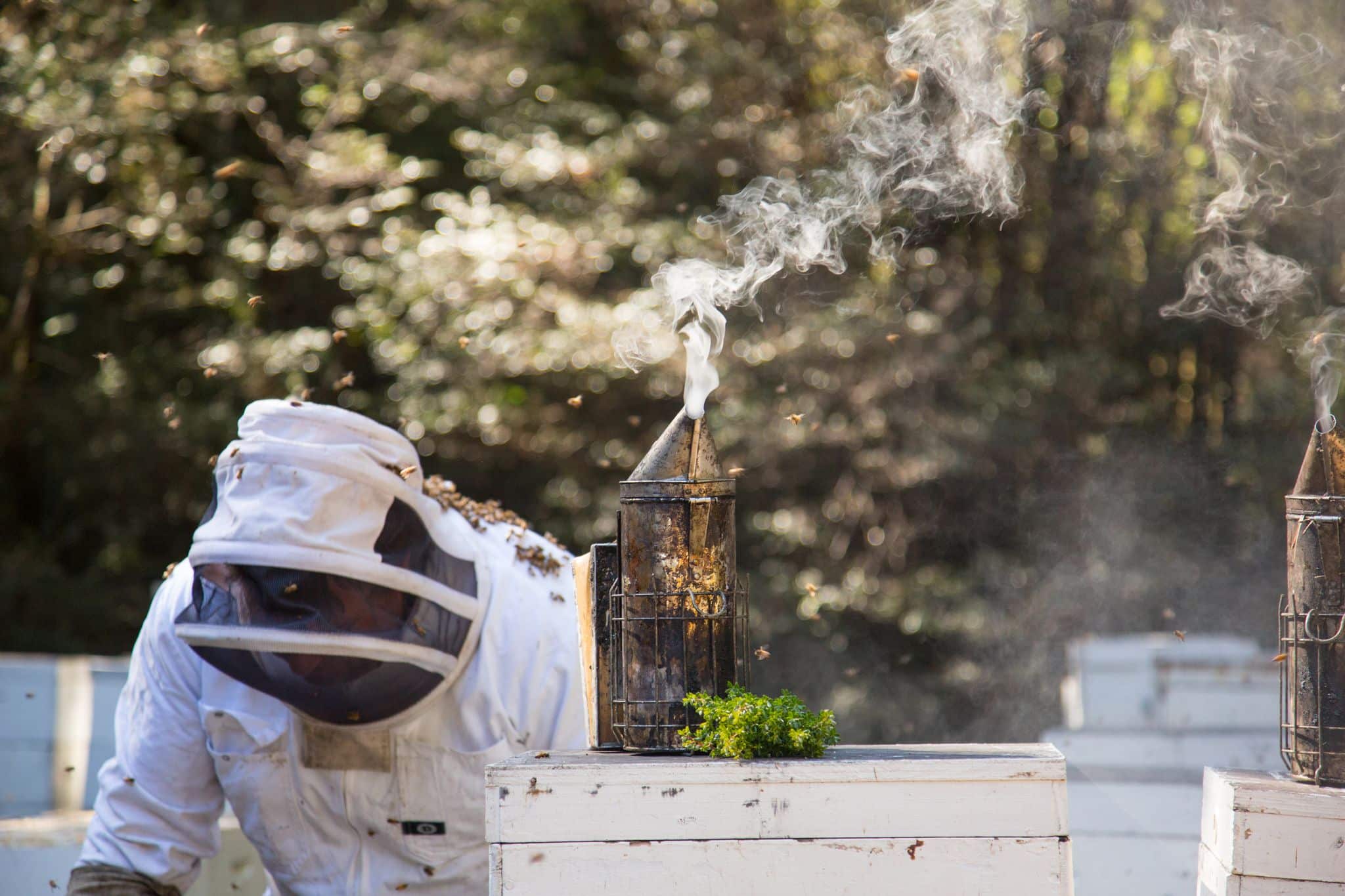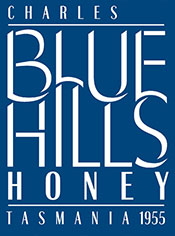Tasmanian Honey: Wilderness on The Tip of Your Tongue
Have you tasted Tasmanian honey?
It is truly something special, uniquely different among all the honeys of the world.
This claim is all about taste. The taste reflects the natural wilderness environments from which Tasmanian honey is sourced.
Our Environment 100% Clean and Green:
Our bees gather nectar from blossom in some of the most pristine forests on the planet. The north-western tip of Tasmania has the cleanest air in the world! [Hint: look directly west from the north-west of Tasmania and there’s nothing but ocean until you reach Africa!]
That air and the pure rains that blow with it across the entire island of Tasmania provides our land with the purest requirements for photosynthesis. With these basic but vital building blocks of life being as pure as can be, you know the finished product – our honey, is the embodiment of natural goodness.
100% natural is no idle claim. Our honeys travel from wilderness to plate with minimal processing, you can really taste the blossoming wilderness.

The World Heritage (WH) areas listed in Tasmania cover over 1 million hectares (2.5 million acres). WH and state reserves are protected from modern chemicals ensuring that the honey sourced from these regions is clean and green. While ‘GMO-free’ is a claim Tasmanian producers have been making for over 20 years, it is a fact which is very important to our honey being 100% natural.
Tasmania’s reputation is boosted by the recognition of the Tarkine wilderness as the greatest expanse of cool temperate rainforest in Australia and the second largest expanse in the world. An incredibly unique and rare environment of which Tasmanians are proud.

Leatherwood honey:
A perfect expression of this unique wilderness. The Leatherwood tree species found within the island state of Tasmania are incredibly rare. Honey sourced from the Leatherwood species is renowned as perhaps the finest of honeys in the world. The ancient Gondwanan Leatherwood tree only grows along the West coast of Tasmania, nowhere else in the world can this type of honey be sourced. Not surprisingly, Leatherwood honey consistently features in international honey awards.
Miticide Free:
Tasmanian beekeepers also take pride in the knowledge Australia is the only country in the world that does not have Varroa mite. Tasmania is also the only state in Australia that does not have Small Hive Beetle. These two extremely detrimental beehive pests continue to threaten the honey industry.
This means beekeepers Australia-wide are not required to use miticides (any chemical substance used to control mites or ticks) within their hives, in turn Tasmanian honey is unique globally having had no exposure to miticides.
Family Owned and Operated:
Tasmanian beekeeping businesses are typically small businesses that are family owned and operated.
Small businesses such as these are crucial to our economy, for a number of increasingly important reasons.
- Smaller businesses are big employers:
Small businesses account for 45% of employment within Australia (2016, The Conversation). - Small businesses for local communities and economies:
Small businesses create job opportunities for the people within local communities. Therefore, there is increased cashflow circulating within those local and regional economies, in turn maintaining and stimulating those economies. - Customer-centric:
Small businesses, typically with a local market, create close and productive relationships with their customers. Due to this close relationship small business owners can more easily understand their customer’s needs and wants. Simply put they know their local market. Generally, this results in a better producer to customer relationship. There has been increased importance placed on the traceability of food with the emergence of the carbon footprint, now customers are not only asking themselves how, but who? Smaller businesses add a much-needed human element which helps close the gap between the consumer and the food producer.
Between the years of 2018 and 2020 Tasmania had just 321 beekeepers registered, with 24062 hives in total across the state. Beekeepers make up a minuscule 0.00594% of Tasmania’s total population. It is safe to say that Tasmanian honey is not only clean and green, but the beekeepers caring for its production and sustainable future are a rare breed indeed.



